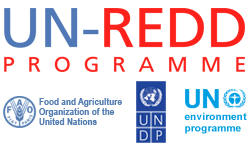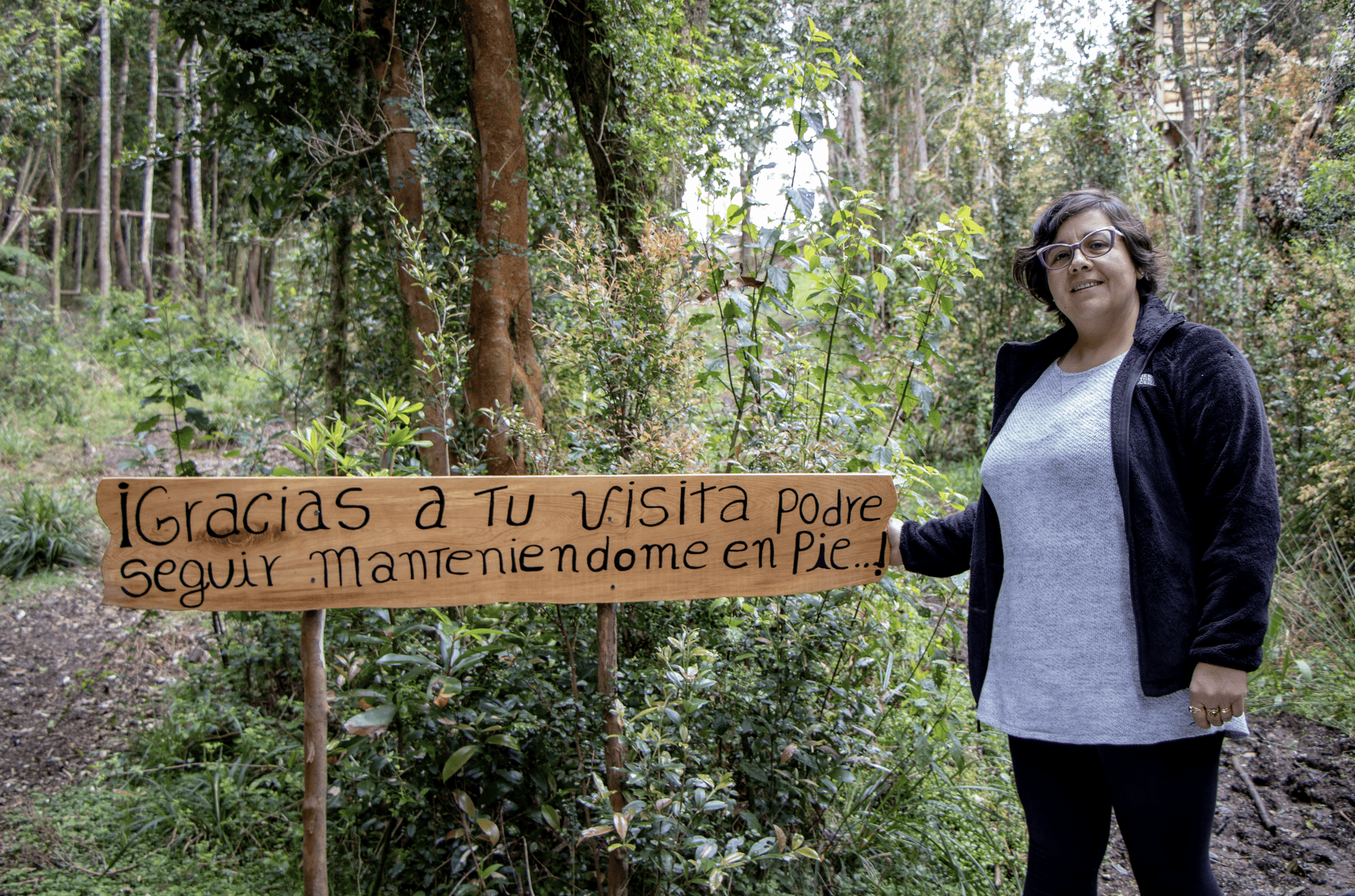
How Chile is incorporating
gender into its REDD+ actions
In Chile, only 28 percent of native forest management plans are led by women, according to the National Forestry Corporation (CONAF). With support from the UN-REDD Programme and other international organizations, Chile has made significant progress over the years to ensure a gender perspective is fully integrated into REDD+ actions, both in policy and practice. The country’s multi-pronged approach has demonstrated that both women and men are key agents of change in climate action, while also generating good practices to help guide other countries.
CONAF conducted participatory focus group discussions in the design of its National Strategy on Climate Change and Vegetation Resources (ENCCRV), allowing women and men to submit proposals and ensuring their perspectives and priorities were equitably collected, particularly those of Indigenous and rural women who are key stakeholders, dependent on forests. A gender approach was integrated into the UN-REDD National Programme in Chile from 2017 to 2021, with a focus on ENCCRV implementation and the payment for results phase of REDD+.
A gender approach is also incorporated as one of the priorities in the design of the Safeguards Information System (SIS). Similarly, within Chile’s Benefit Sharing Mechanism (SDB), projects that are led by a women’s organization or prioritize women’s participation are a criterion for selection. And in the evaluation of public tender and prioritized projects, additional points are given to initiatives formulated by women and to initiatives with one or more women as owners of the property or project.
“Considering the tenure of forest lands is considerably unequal in Chile, and in the world in general, having equitable results in terms of gender in the award of projects is a great challenge,” said Gabriela Soto Nilo, Head of the Department of Climate Change and Environmental Services of the National Forestry Corporation in Chile. “In this regard, we can assert with real data that giving a higher score to projects led by women does allow them to improve their access to the benefits of REDD+. I think it’s important to note that in the first cycle of the benefit distribution plan of the ENCCRV, 49 percent of the people benefited from awarded projects are women.”
UN-REDD support of Chile’s REDD+ actions over the years has provided insights and lessons on integrating gender into REDD+ implementation. One of those insights is the critical importance of gender baseline data to create a point of comparison and to understand existing conditions between REDD+ actors of all genders and across all relevant stakeholder groups. Another insight is that it is crucial to promote and support the active and equitable participation of women and youth in fields often dominated by men, such as forest fire training and prevention efforts. Lastly, ensuring a gender approach and promoting women’s empowerment and involvement in training, environmental education programs and decision-making structures is key to ensuring REDD+ implementation and sustainability.
Efforts to integrate and strengthen the gender approach within public policy, particularly during the payment for results phase, continue today and range from highlighting gender actions in the development of operational guidelines to gender capacity building of local professionals in charge of project design, implementation and monitoring.

